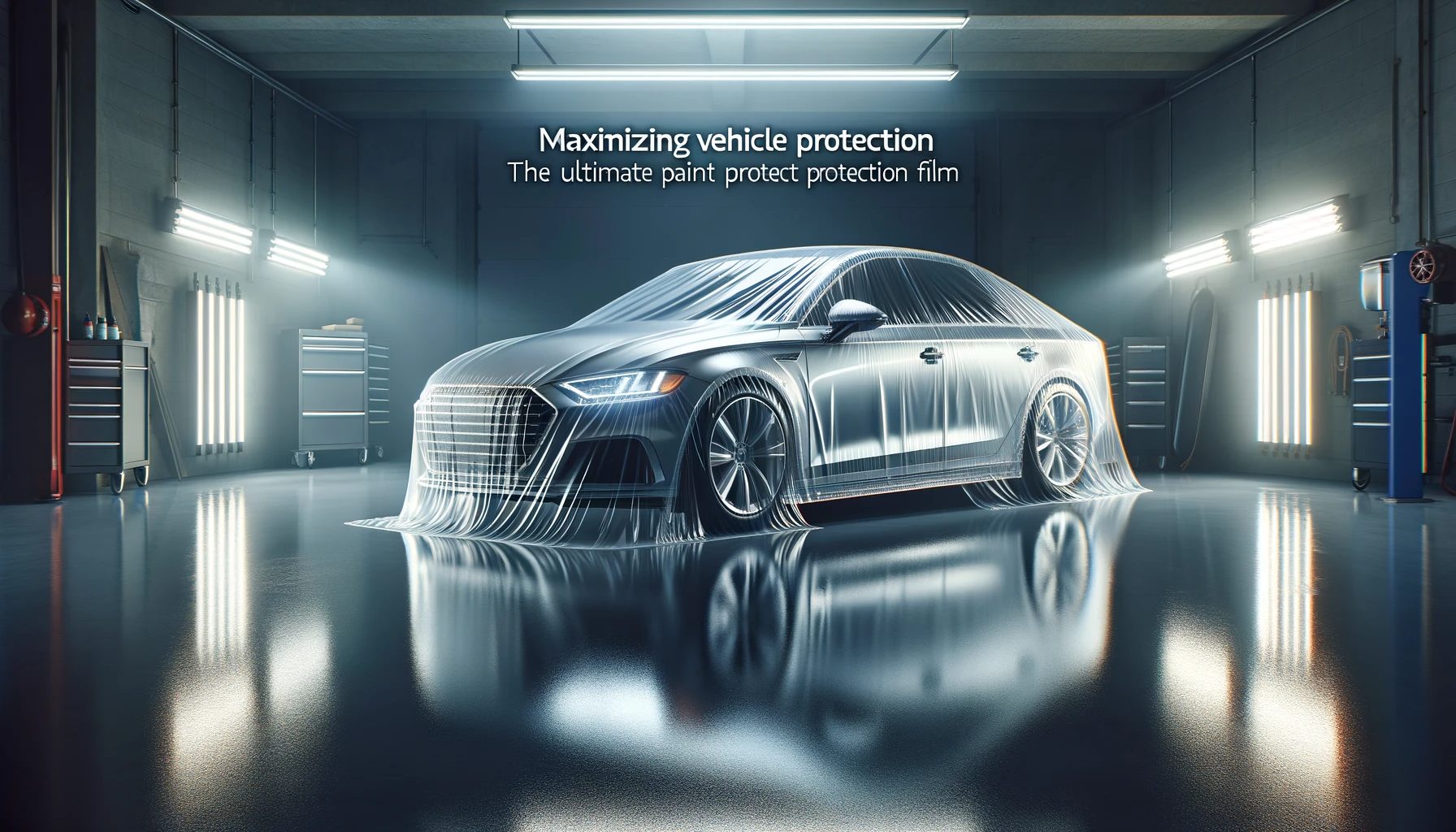Introduction: Understanding PPF for Cars
Paint Protection Film (PPF) has become a crucial component in maintaining the aesthetic and structural integrity of vehicles. Known for its durability and protective qualities, PPF for cars is a transparent, thin urethane material applied to the exterior of automobiles to shield them from various forms of damage.
Why Choose PPF for Your Vehicle?
- Protection Against Scratches and Chips: PPF for cars acts as a barrier against road debris, stones, and minor abrasions, keeping the car’s paint job pristine.
- UV Ray Protection: Over time, exposure to sunlight can fade and damage a car’s exterior. PPF helps in protecting the paint from harmful UV rays, ensuring that the color stays vibrant.
- Enhanced Resale Value: Maintaining the original paintwork of a car can significantly increase its resale value. PPF for cars is an investment that pays off in the long run.
- Self-Healing Properties: Many high-quality PPFs come with self-healing properties, meaning that minor scratches and scuffs can disappear with heat exposure (like sunlight).
Types of PPF for Cars
PPF for cars comes in various finishes – glossy, matte, and even textured options for specific preferences or vehicle types. Choosing the right type of PPF depends on your car’s make and model, as well as personal preference.
Installation and Maintenance
Professional installation of PPF for cars is recommended to ensure that it is applied correctly without bubbles or misalignment. Once installed, maintenance is minimal, requiring only regular washing and occasional waxing to maintain its clarity and protective qualities.
Conclusion: PPF as an Essential Investment for Car Owners
Investing in PPF for cars is a wise decision for any car owner looking to maintain their vehicle’s appearance and integrity. It offers long-term protection and peace of mind, making it an invaluable addition to your car care routine.
FREQUENTLY ASKED QUESTIONS
What is Paint Protection Film (PPF) for cars?
Paint Protection Film, or PPF, is a clear, thin layer of thermoplastic urethane applied to the exterior of cars to protect the paint from scratches, chips, and environmental damages like bird droppings and tree sap.
How long does PPF last on a car?
Quality PPF can last between 5 to 10 years, depending on factors like the film quality, installation, and maintenance.
Can PPF be applied to any car?
Yes, PPF can be applied to virtually any vehicle, regardless of make or model. It’s advisable to consult with a professional installer to understand the best options for your specific vehicle.
Does PPF protect against UV rays?
Yes, PPF offers excellent protection against harmful UV rays, helping to prevent paint fading and maintaining the car’s aesthetic appeal over time.
Is PPF visible on the car?
PPF is designed to be virtually invisible, blending seamlessly with your car’s paint. However, the level of visibility can depend on the quality of the film and the expertise of the installer.
How do I maintain my car after applying PPF?
Maintenance involves regular washing and occasional waxing. Avoid abrasive cleaners and brushes, as they can damage the film.
Can PPF be removed or replaced?
Yes, PPF can be carefully removed or replaced by a professional. Removal should not damage the underlying paint if done correctly.
Is PPF installation a DIY project?
While there are DIY PPF kits available, professional installation is recommended for the best results, as it requires precision and experience.
How much does PPF cost?
The cost varies depending on the car’s size, the film’s quality, and the coverage area. Prices can range from a few hundred to a few thousand dollars.
Does PPF affect the car’s resale value?
PPF can actually enhance a car’s resale value by preserving the original paintwork and maintaining the car’s overall aesthetic condition.

